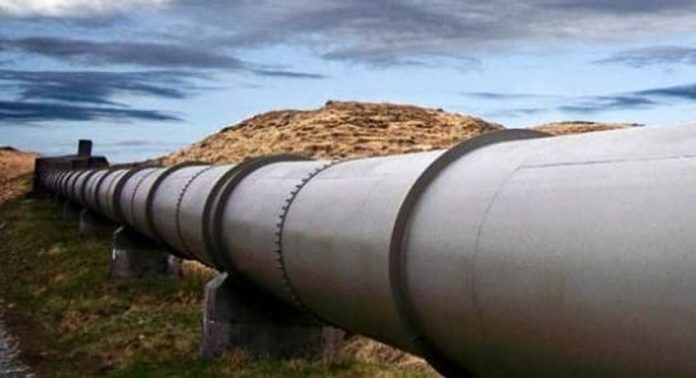Mexico’s energy regulator has recommended the creation of a new state-owned entity to focus exclusively on gas production.
The National Hydrocarbons Commission (CNH) said in a technical document made public Thursday that the move would help to recover Mexico’s natural gas production.
CNH chief Héctor Moreira said the new upstream company would take control of all non-associated gas areas that are currently managed by the state oil company Pemex.
Speaking at a release event for the technical document, he said gas gathering infrastructure and gas processing facilities would also be controlled by the new entity.
“The oil and gas businesses are very different. If Pemex is told it has to focus on profitability, it is going to invest its resources on higher-profit oil projects rather than gas areas,” Moreira said.
However, a new company dedicated solely to gas would only be judged on its capacity to produce natural gas.
“It must be a different company with a different culture than Pemex. We are going to preserve the state component but with two companies,” Moreira said.
The CNH chief cited the success BP has had after creating a gas-only subsidiary as an example for the Mexican government to follow, but neither he nor the technical document spoke about how the new entity would be funded.
However, the CNH has in recent months advocated for Pemex to create and list subsidiaries in equity markets in order to raise capital from private investors.
Such a move would follow in the footsteps of major state-owned oil companies such as China’s CNOOC and Brazil’s Petrobras.
The position president-elect Andrés Manuel López Obrador will take on the CNH recommendation remains to be seen.
He has opposed privatization in the energy sector and said that all contracts awarded by the current government to foreign and private companies for oil and gas exploration will be subject to review.
However, future finance secretary Carlos Urzúa said that if no irregularities are detected, the contracts will be honored. The incoming administration has also recognized that the private sector must play an important role in growing the economy.
Javier Jiménez Espriú, López Obrador’s nominee for secretary of communications and transportation, said last month that he will seek a 20-peso contribution from the private sector for every peso that the new government allocates to new infrastructure projects.
Mexico’s gas production has decreased drastically over the past decade from 6.5 billion cubic feet per day (Bcf/d) in 2009 to 3.9 Bcf/d this year.
The lower production is related to a cut in Pemex’s investment budget for gas projects, financial information company S & P Global said.
This year, Pemex’s board of directors only approved an investment budget of US $9.1 million for the company’s Burgos unit —Mexico’s largest non-associated gas-producing asset — compared to US $1.2 billion in 2009.
The decrease in domestic output has significantly increased Mexico’s reliance on United States gas, with imports averaging 5.1 Bcf/d this year.
“We are in a paradox where we are an importing nation when we have the potential to be a major gas producer,” Moreira said.
“By having a gas-focused state company, Mexico could better evaluate and develop its gas reserves and potential resources,” he added.
Under an optimal scenario including the implementation of structural changes to boost gas production, investment of US $32.2 billion annually will be needed to produce 16.2 Bcf/d by 2030, which would allow Mexico to be self-sufficient, Moreira said.
Source: S & P Global (en)
